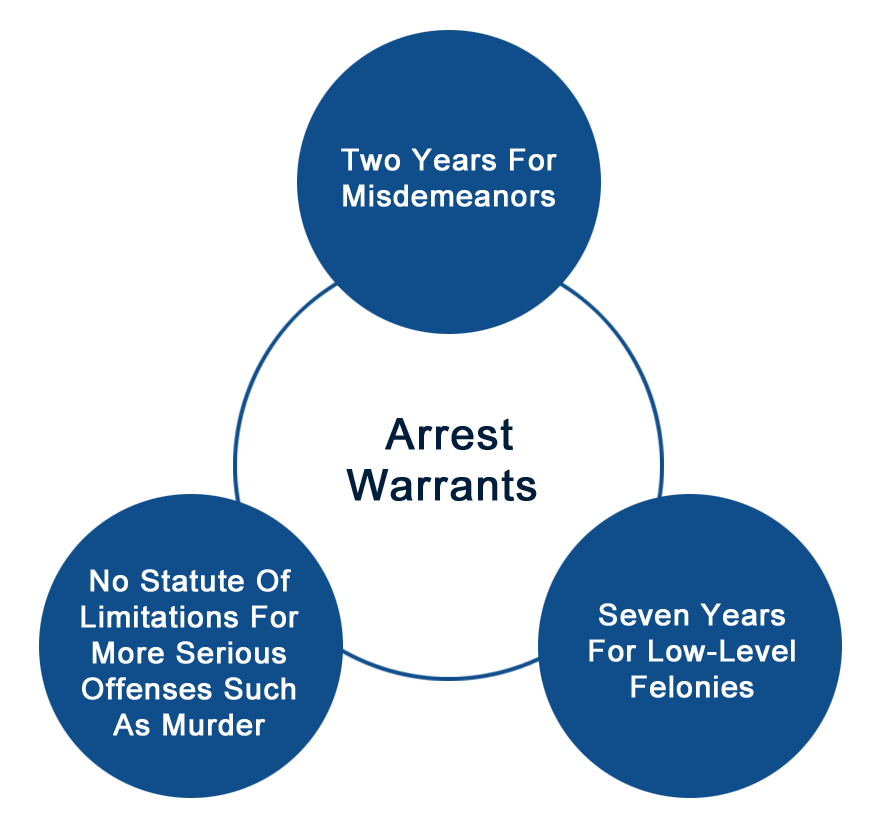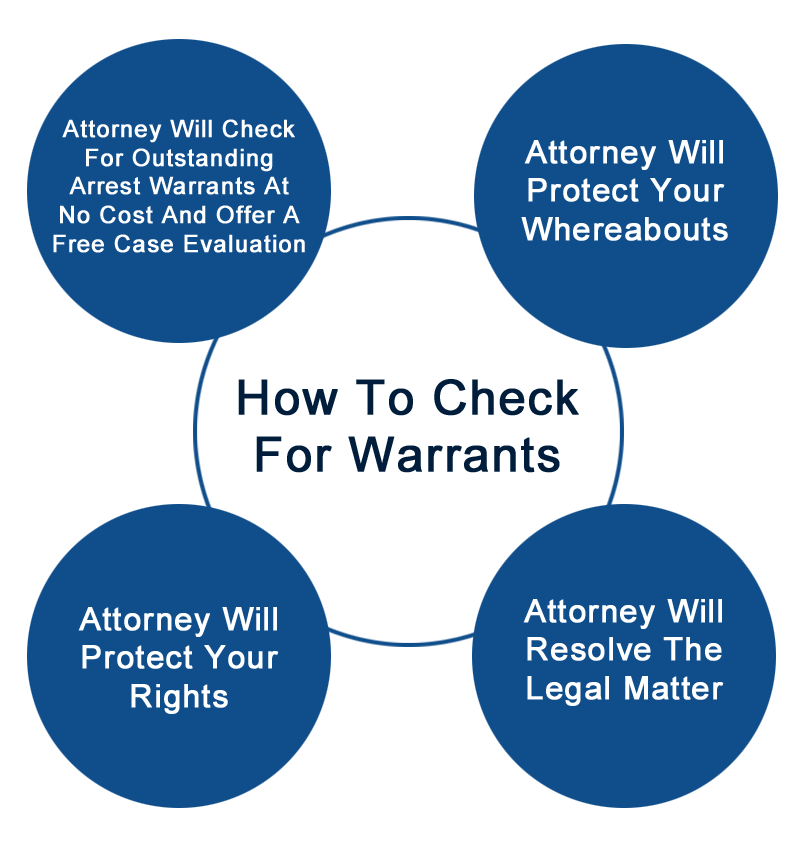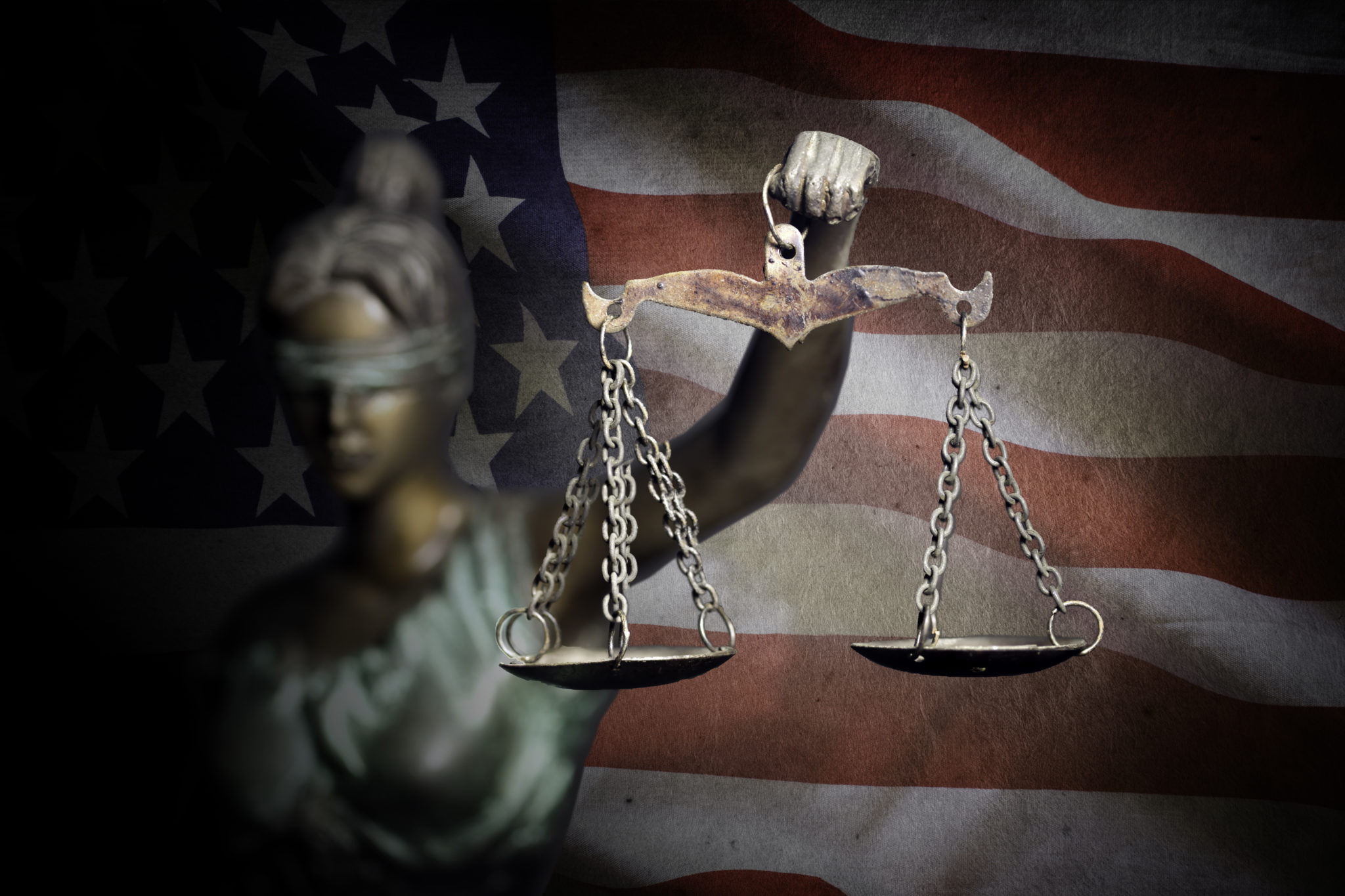
Arrest Warrants vs Bench Warrants In Georgia
Although both arrest warrants and bench warrants can lead to someone being taken into police custody, they are usually issued for different reasons, under different circumstances and are handled differently by law enforcement.
An arrest warrant is issued when law enforcement has a reasonable suspicion that an individual has committed a crime. In these situations, police officers will actively attempt to locate and bring the individual into custody.
 What Can Lead to an Arrest Warrant?
What Can Lead to an Arrest Warrant?
An arrest warrant, generally written by a judge, authorizes law enforcement to locate and arrest a person whose presence is being requested by a criminal court. There is a statute of limitations limiting the amount of time the state can prosecute you for a crime and thus issue a warrant – generally two years for misdemeanors and seven years for low-level felonies, with no statute of limitations for more serious offenses such as murder.
Arrest warrants do not expire, and you may not even be aware one has been issued for you until law enforcement arrives. Based on an affidavit provided by law enforcement or district attorneys, an arrest warrant will typically carry the following information:
• Details of the offense in question
• Pertinent details about the suspect
• Date the warrant was issued and permitted time for the arrest
• Certain bail and bond conditions
• The name of the arresting officer
 How To Check for Arrest Warrants
How To Check for Arrest Warrants
Ideally, an attorney will check for outstanding arrest warrants on your behalf, to prevent you from disclosing your location or incriminating yourself. Checking an arrest warrant can often mean calling or appearing in person to present a government ID, allowing law enforcement to take you into custody and question you without any legal protections. Instead of going solo, your attorney can act as an intermediary in gaining information about the warrant, and the charges against you, protecting your rights, and in certain situations present evidence to discredit and prove that the charges against you have no merit and should be dismissed. Many innocent people falsely believe they can talk things through with the police or court system on their own. This can lead to very negative consequences. Before you make a decision, we invite you to schedule a free, no-obligation consultation to explore your options before you contact the police or court system.
Are Arrest Warrants Only Taken Out by Police?
Typically, the majority of arrest warrants will be created by law enforcement following an investigation, but in Georgia, individuals can also apply for a warrant if they believe they were the victim of a crime and the perpetrator has not been arrested. The applicant for the warrant will apply for a hearing to present a judge with evidence of probable cause, with the judge then deciding to issue a warrant or deny the applicant.
In contrast, a bench warrant is issued by a judge, typically at a later stage in the criminal process. When a bench warrant is issued, law enforcement will not be dispatched to find the individual. However, if the police encounter an individual with a bench warrant in the course of their duties, such as at the scene of an accident or at a traffic stop, they will arrest the person at the scene.
What Can Lead to a Bench Warrant?
Bench warrants may be issued for any number of reasons but some of the most common ones are:
- • Missing a court date. If an individual has a court hearing and doesn’t show up, the judge can issue a bench warrant for the person’s arrest. Attendance at criminal proceedings, such as evidentiary hearings, preliminary hearings, pre-trial, criminal trials or even civil proceedings are not usually optional. Failure to appear to any type of court hearing may result in a bench warrant.
- • Violation of probation. When a person is released on probation, they are freed with the expectation that they will comply with the terms of their release. If these rules are not followed, a judge may order their arrest.
- • Skipping traffic court. Although traffic court matters generally aren’t criminalized, court appearance at traffic court dates is still mandatory. Failure to appear at traffic court can be treated the same as failure to appear before a criminal court. Each year in Georgia, hundreds of thousands of people miss traffic court hearings.
- • Grand jury indictment or sworn affidavit. When a grand jury indicts someone for a crime or someone accuses another person of a crime by a sworn affidavit, bench warrants are usually issued for the charged individuals.
Judges are given discretion to make decisions based on the circumstances of the matters before them. Although the above scenarios often lead to bench warrants, judges have the ability to issue more standard arrest warrants when the situation is serious enough.


How to Check for Bench Warrants
Since law enforcement will arrest anyone with a bench warrant that they encounter, it’s generally best (and safest) to have an attorney check for bench warrants on your behalf. An attorney can check with the county clerk, local court or sheriff’s office to see if a bench warrant has been issued against their clients without needing to reveal their location.
What to Do if You Have a Bench Warrant
If you or a loved one have or even just suspect that you might have a bench warrant issued against you, it is important to talk with an attorney immediately. Attorneys can help in several ways:
- • If there was an emergency or compelling reason for a failure to appear, your attorney can present your argument to the court in an attempt to get the penalties reduced or thrown out.
- • If you need to surrender to law enforcement, your attorney can make sure you arrive prepared to navigate arrest as quickly as possible and negotiate your release on bail.


We Will Work Hard For You… Just Ask Our Clients
Regardless of the outcome, it is important to have proper legal representation when dealing with bench warrants. Experienced lawyers know the legal system and can help explain the possible choices and outcomes that are in front of you, empowering you to make the decision that makes the most sense for you and your situation.
At the Claiborne Firm, we’re here to help and advocate for you. To benefit from our experience and expertise, please use the form below to contact us.
Call (912) 351-8775 or Schedule a Free Case Evaluation Online
